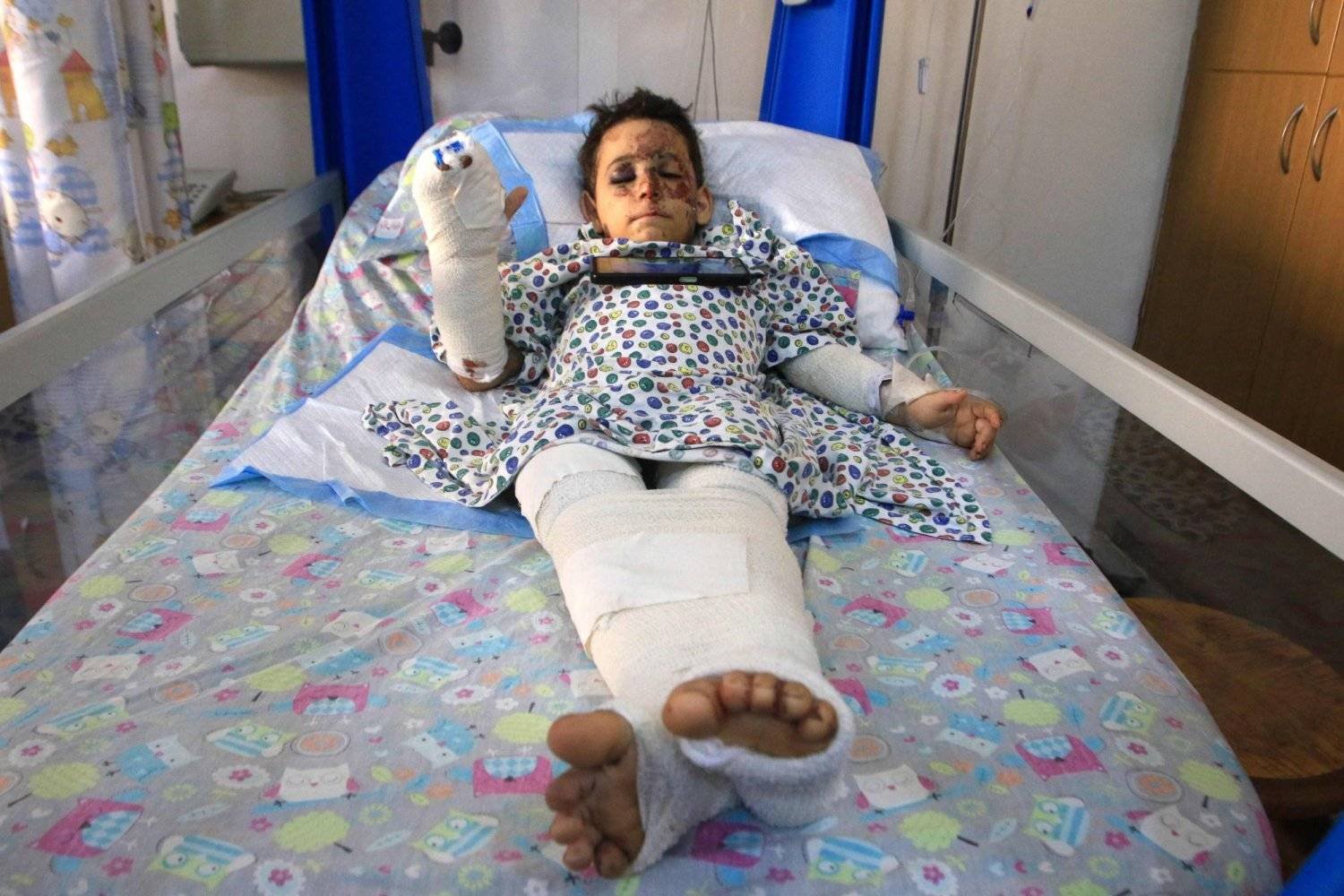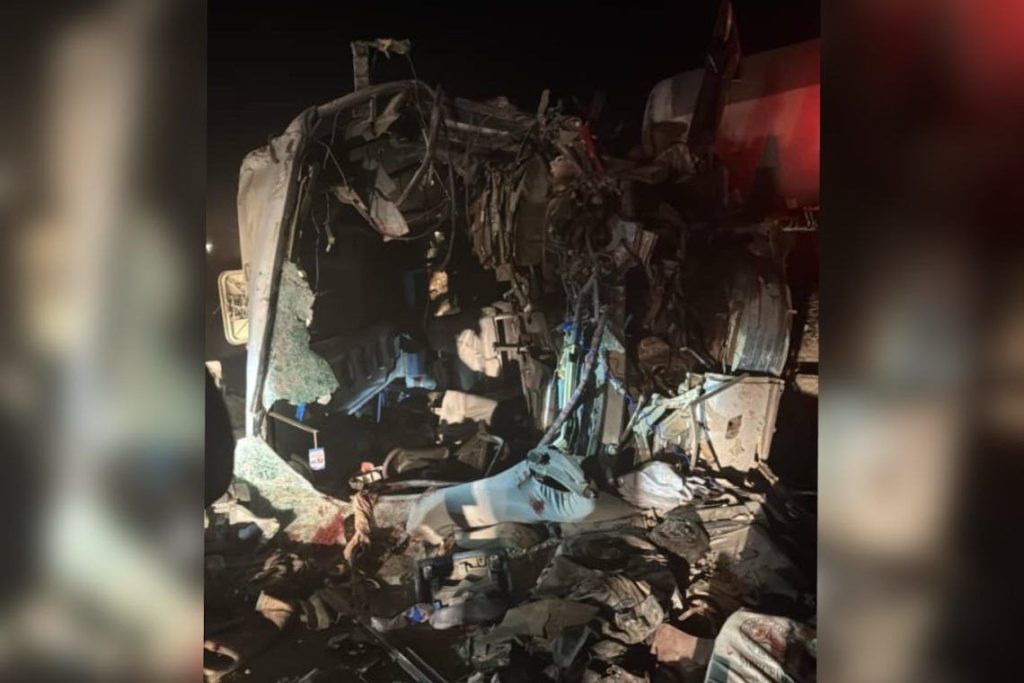Lebanon’s healthcare system is under increasing pressure as conflict escalates, with hospitals struggling to cope with rising patient numbers and limited resources.
Kabul 24: Lebanese Health Minister Firass Abiad revealed that the ministry is actively working to prevent hospitals from reaching full capacity, particularly in heavily bombarded southern and Bekaa regions.
Following recent explosions and airstrikes, the healthcare system faces severe challenges. Abiad emphasized the difficulty of patient transfers amid ongoing attacks, stating, “We send ambulances to move patients whenever we sense a hospital is close to its limit” .
Collaborative Efforts
To manage the crisis, hospitals are being coordinated as a unified network to share resources.
Plans include increasing medical staff and opening new wards with international support. Abiad noted, “The situation is difficult, and capacity is decreasing daily,” raising alarms about the potential impact of continued Israeli attacks .
Long-Term Concerns
Experts warn that while immediate responses have been effective, sustaining healthcare during prolonged conflict requires a different strategy. The current stockpiles and resources are insufficient for long-term needs, highlighting the urgent requirement for sustainable solutions in Lebanon’s fragile healthcare landscape .







